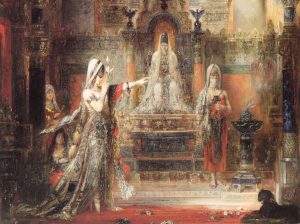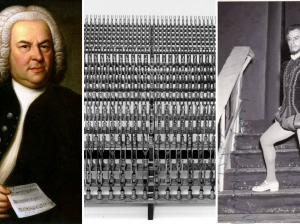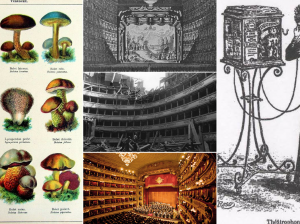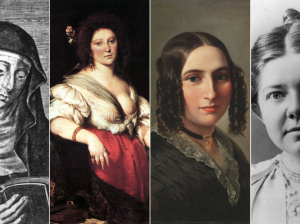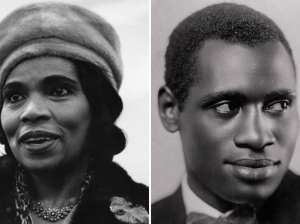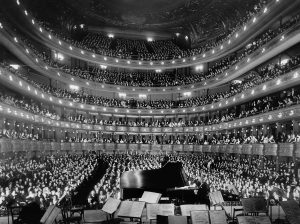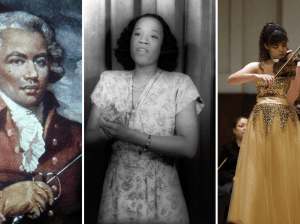
This Black History Month, we take a look at two dynamic musicians of African descent and a modern organization that is spearheading a more diverse future. Read below about the French composer who led the best orchestra in Paris, the American opera star who stunned audiences with her voice, and an organization that is creating positive change on a national scale.


